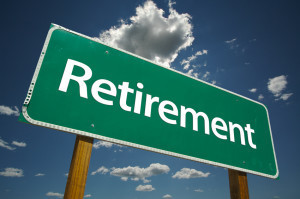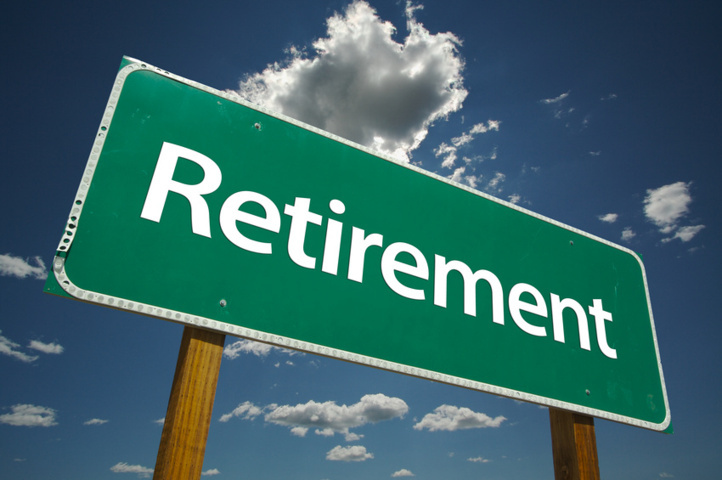 While Canada appeared to have weathered the “great recession” that began in 2008 more easily than many other western nations, it may have given us an unwarranted degree of self-confidence in terms of our finances.
While Canada appeared to have weathered the “great recession” that began in 2008 more easily than many other western nations, it may have given us an unwarranted degree of self-confidence in terms of our finances.
Evidence for this is that the majority of Canadians still do not place a high priority on accumulating wealth, and have had the dubious distinction of topping the United States in household debt to assets ratio. As a nation we have relied heavily on appreciating assets and this, coupled with a heightened taste for higher risk investments has increased our overall household financial vulnerability.
It appears that even when additional monies are available Canadians prefer to spend it on consumption of goods rather than debt repayment or wealth accumulation.
Let’s Look at The Facts:
Savings Rates:
It is a sorry statistic but savings rates amongst Canadians has fallen drastically from 19.9% in the early 1980’s to 3.8% at the end of 2012.
Disposable Income:
While there was a recovery in 2010, the statistics from 2011 indicate that disposable income has slipped back to recession levels.
Debt loads:
The average household debt level now stands at $103,000 which represents a more than 80% increase in real terms since 1990.
Insolvency:
In the 65+ age range insolvencies have shot up by 1747% in the last 20 years.
Family Wealth and Net worth:
- Real estate has been the key driver of all the increase in net worth from 2000 onwards. In fact it represents half the net worth of 36% of the population. Those who didn’t own property over the last decade report their net worth has not increased during this same time period.
- The Economist magazine estimates that real estate in Canada is currently overvalued by 29% which suggests volatility yet to come.
- Of the people who are building wealth, over 80% say they will spend some of it in the coming three years.
- Only 39% of households have re-examined their savings strategy in the last year.
- Fully a quarter of households don’t monitor any external factors that could affect their financial health.
Retirement Funds:
- Canadians are currently saving only 4% of their disposable income for retirement.
- The most recent data suggests only 24% of Canadians put money into their RSP this year.
- 25% of Canadians reported never making contributions to any kind of savings.
- Defined pensions are on the decrease and even at that only 38% of workers in Canada have a company sponsored plan.
- Canadians are working longer, living longer and are more worried than ever about whether their money will last.
Changing Times:
- The old paradigms are changing at a rapid rate.
- 2012 was a bellwether year in that the first baby boomers turned 65. Some are calling it the Retirement Boom.
- The world economic picture is still full of turmoil and uncertainty.
- Rates of return which many have used in the past to project retirement income are no longer sustainable.
- While a significant number of Canadians plan to retire on CPP and OAS alone, these two pensions in combination will not equal the 70% of pre-retirement income replacement suggested by financial advisors.
What to do:
The more time you have to plan for retirement the better off you will be. Shockingly though, the majority of Canadians lack specific knowledge about how to build wealth.
It is up to you to be fully prepared for your planned retirement and educating yourself is key. If you care about your financial future take action now to improve your knowledge of wealth accumulation and seek out the help of an experienced financial advisor.

